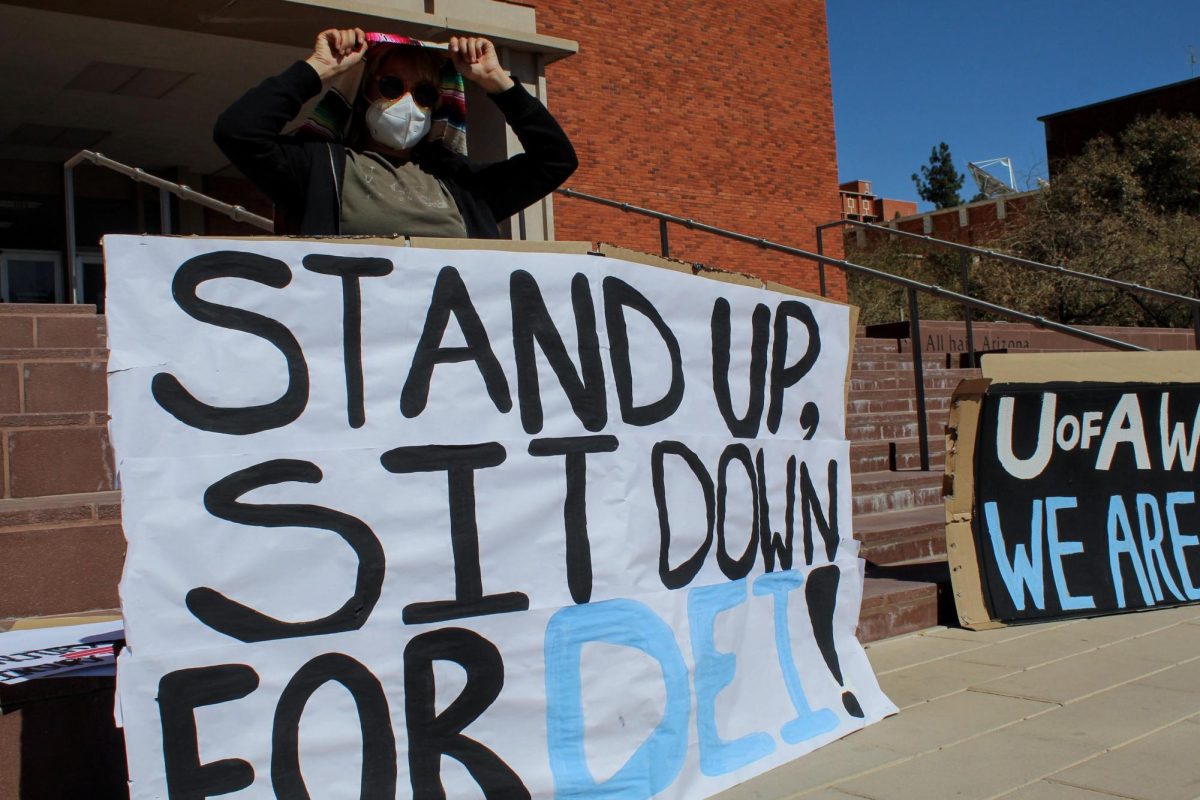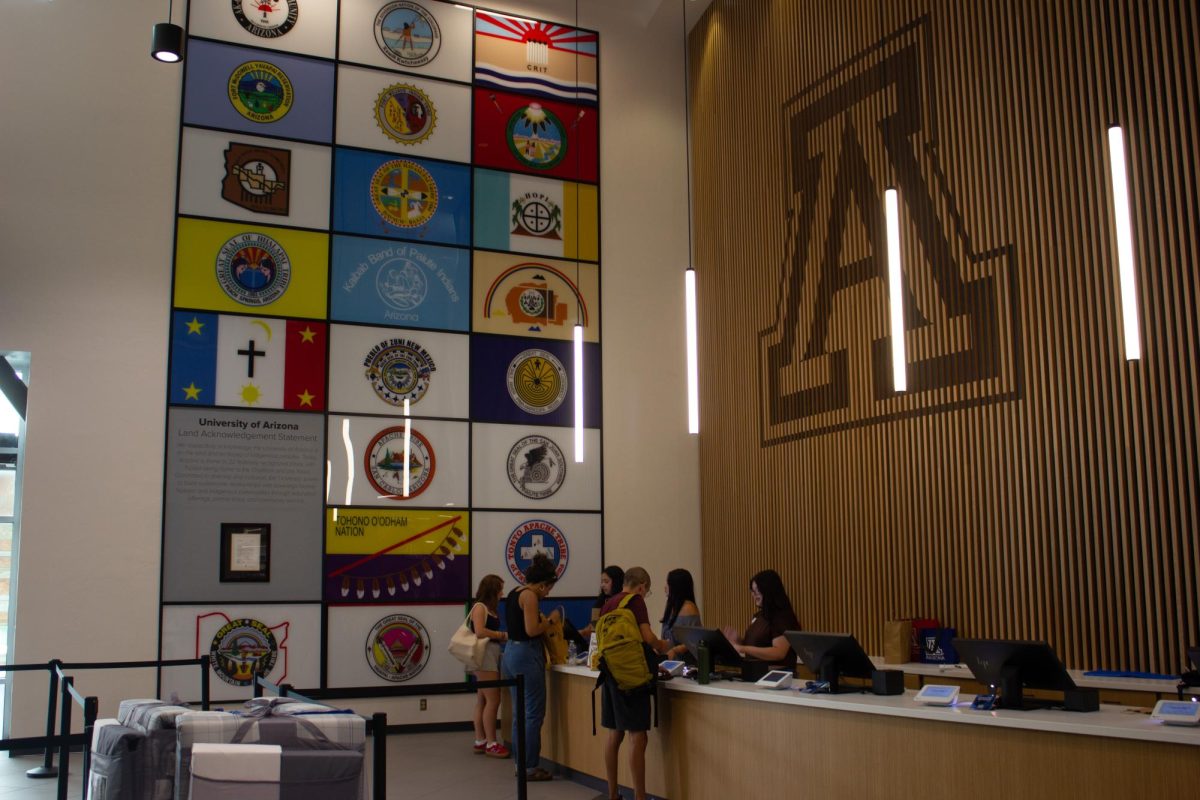The University of Arizona has recently partnered with a global commercial real estate company, WeWork, to provide physical locations for Arizona’s international students to study and take classes. WeWork’s service provides common use office spaces in locations around the world to companies or individuals to use as a day to day workspace.
As a part of the recently forged deal, Arizona students around the world will have access to 490 WeWork facilities in 80 cities and in 37 countries. WeWork facilities will be included in UA Global’s Microcampus Network, where the university has partnered with other colleges, universities and companies like WeWork to establish micro-campuses worldwide where UA students can pursue their degree.
With the WeWork partnership, UA Global will have have 650 micro campuses for international students in total.
Students using a WeWork facility will have “all access” to amenities, including free Wi-fi, and will have personal use of their own “hot desk.” Hot desk and all access means Arizona students can use common areas, study rooms, or conference rooms in WeWork buildings.
In an Arizona press release, President Robert Robbins hinted that the new partnership was in part in response to COVID-19, in order to give international students education access who may not be able to come to the Tucson campus.
“Worldwide health concerns have forced universities to adapt how we meet the needs of international students looking for a path to a U.S. degree,” Robbins said. “For students who are not able to come to our main campus in Arizona, the partnership with WeWork is our way of affirming that the University of Arizona is here for you wherever you are, that we support you in your pursuit of higher education, and that we are committed to doing that in a safe and meaningful way.”
The WeWork deal with Arizona however means an affiliation with a heavily scrutinized company. For starters, WeWork’s business model has been questioned for its sustainability. The company rents office spaces in the long term and then leases facilities to companies or individuals like Arizona students in the short term for higher rates.
Rapid expansion in recent years (the company has now nearly 850 facilities) means WeWork is currently operating at a loss — last year the company lost 1.6 of its $1.8 billion in annual revenue to company costs. In one year from 2019 to 2020, WeWork’s valuation dropped from $47 billion to only $2.9 billion, and in 2019, the company laid off 2,400 employees or nearly 20% of its overall workforce.
RELATED: Rec Center instigates new precautions for mid-pandemic workouts
WeWork has also been criticized for the behavior of its founder and previous CEO Adam Neumann. Neumann reportedly hired family members to arbitrary positions, enabled an internal corporate party culture and resigned as CEO after selling all of his WeWork shares after the company’s Initial Public Offering.
Follow Ian Tisdale on Twitter









